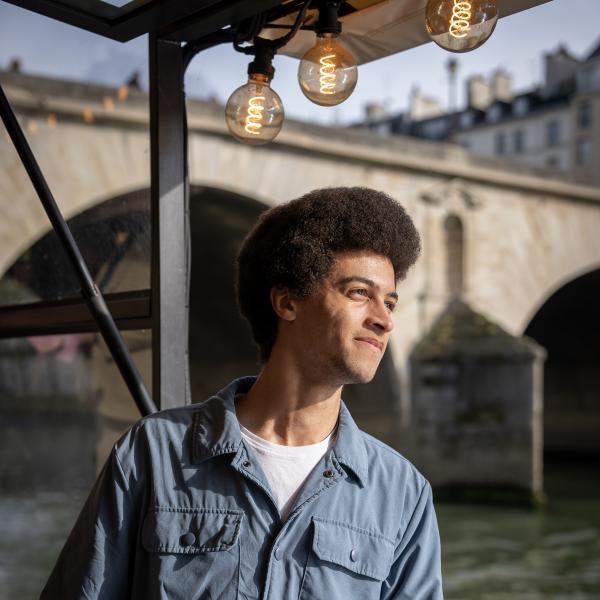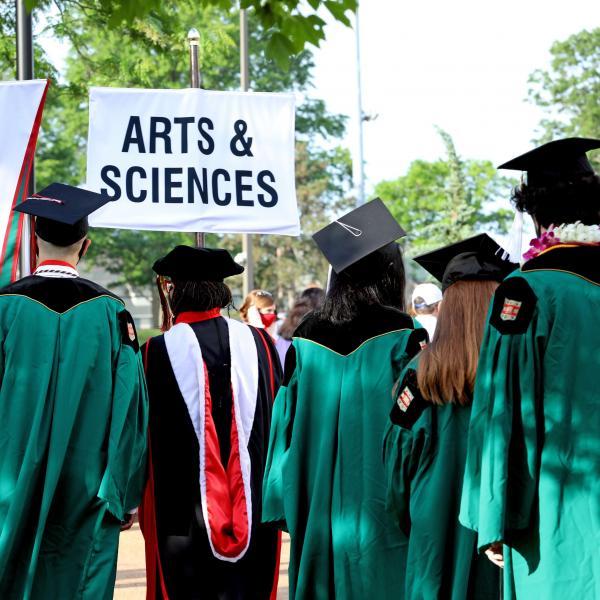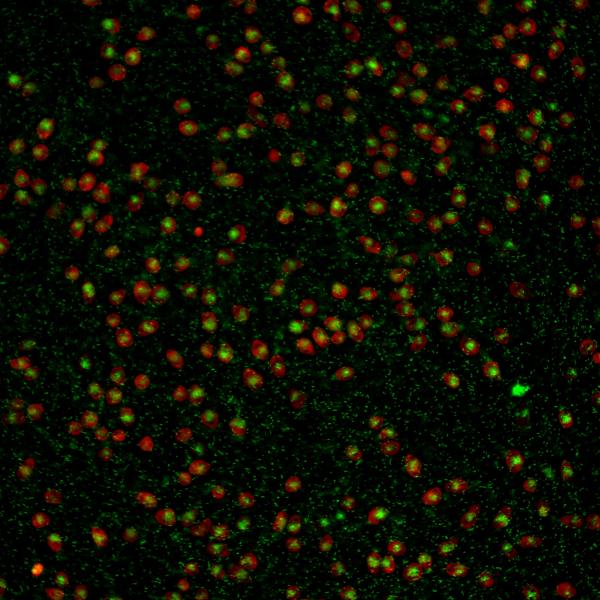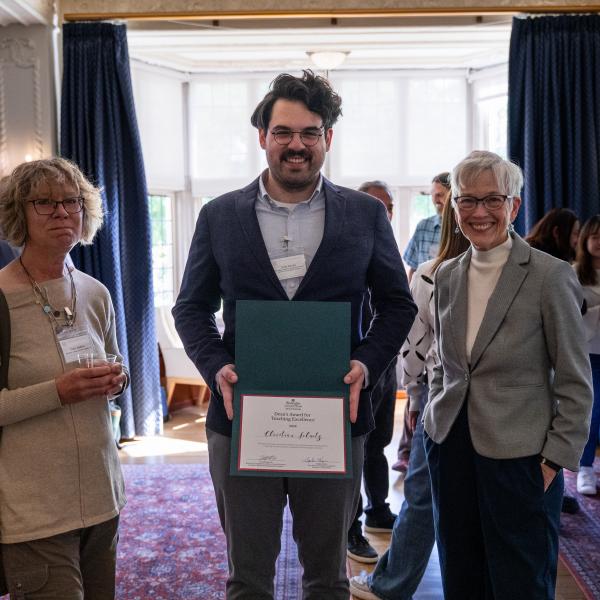Arts & Sciences is thrilled to welcome new instructors across disciplines this fall! Meet our newest faculty in the social sciences.
Don't forget to also read about our incoming humanities faculty for fall 2020. New faculty in the natural sciences will be shared in the next issue of the Ampersand.
Anthropology
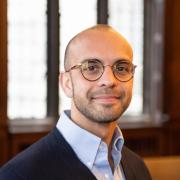
David Ansari, PhD, joins the Department of Anthropology as a lecturer. Ansari is a medical anthropologist with interests at the intersections of transnational migration, psychotherapy and trauma, and health services research. Most recently, Ansari was as a postdoctoral teaching fellow at the University of Chicago, where he earned his doctorate in 2018. His book, Therapeutic Apprenticeship: Migration, Belonging, and Mental Health Care in France, examines evolving perceptions of multiculturalism and belonging between therapists who came to France as immigrants and their therapist apprentices, many of whom identify as second or third-generation descendants of immigrants. Ansari’s courses this fall include “Social Determinants of Health and Migration” and “Global Mental Health.”
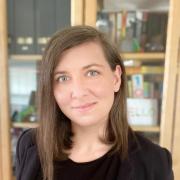
Carolyn Barnes, PhD, joins the Department of Anthropology as a lecturer. Barnes’ scholarship draws on multispecies ethnography, agrarian studies, medical anthropology, and science and technology studies to broadly examine how the dynamics of culture and capitalism converge to shape — and at times undermine — entangled human, animal, and environmental lives. As a lens into these processes, her ethnographic research and writing specifically examine the world of Thoroughbred horseracing in central Kentucky. This semester, Barnes is teaching courses in the Global Health and Environment tra ck, as well as the first-year seminar “Anthropological Perspectives on COVID-19.” She earned her doctorate at Washington University in St. Louis.
Education
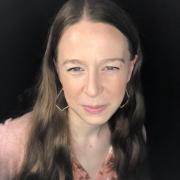
Lisa Gilbert, PhD, joins the Department of Education as a lecturer. Gilbert’s expertise includes culturally responsive pedagogy, social studies curriculum and instruction, and museum education. Her research interests are situated at the intersection of social studies education with public and popular history; her most recently published article examined ways high school students built empathy through playing the Assassin’s Creed franchise, something she is drawing on to create a First Year Seminar on video games and learning for incoming students this fall. Prior to earning her doctorate from Saint Louis University, Gilbert oversaw K-12 programming for the Missouri History Museum, where she also managed partnerships with national organizations such as Monticello and Mount Vernon.

Aurora Kamimura, PhD, joins the Department of Education as a lecturer. In addition to her teaching, Kamimura will serve as a fellow in the Office of the Vice Provost investigating and enhancing efforts on faculty diversity across disciplines, with a specific focus on STEM areas. After earning her doctorate in higher education and organization behavior at the University of Michigan, Kamimura taught at the University of North Texas and served as an organizational development consultant in areas of higher education, diversity, and inclusive classrooms and pedagogy. She current serves as on the Board of Directors for the American Association of Hispanics for Higher Education (AAHHE), and is involved in several national projects focused on the development of Latinx/a/o leadership. Her mixed methods research agenda focuses on broadening access and equity in the P-20/professoriate pathway.
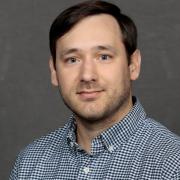
Christopher Rozek, PhD, joins the Department of Education as an assistant professor. After earning his doctorate at the University of Wisconsin-Madison, Rozek held postdoctoral positions at the University of Chicago and Stanford University. His research focuses on helping students manage their emotions in ways that facilitate their academic success and promote improved student well-being. Support for this work has been provided the Spencer Foundation, the Robert Wood Johnson Foundation, the National Science Foundation, and numerous other organizations. His research has been covered in several popular press outlets, such as the Atlantic, the Washington Post, NPR, and CNN.
Political Science
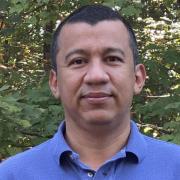
Ted Enamorado, PhD, joins the Department of Political Sciences as an assistant professor. Enamorado’s fields of specialization are political economy and political methodology. He holds a doctorate from Princeton University, where he was affiliated with the Program for Quantitative and Analytical Political Science (Q-APS), the Research Program in Political Economy, and the Fellowship of Woodrow Wilson Scholars. Before graduate school, Enamorado was a research fellow at the Research Department of the Inter-American Development Bank, and a consultant at the World Bank’s Latin America and the Caribbean Region Poverty Reduction Unit. He most recently taught at the University of North Carolina-Chapel Hill.
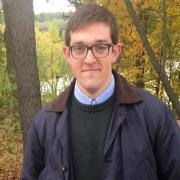
Michael Olson, PhD, joins the Department of Political Science as an assistant professor. Olson’s broad interests are representation, legislative politics, and political parties in the United States. His research focuses on the relationship between electoral and legislative institutions and legislative representation in the United States using observational data from across history and levels of government. Particular interests include the effects of competitive party systems, the impacts of electoral and legislative reforms, and the importance of the elective franchise. His major research project focuses on the one-party “Solid South” between Reconstruction and WWII. Earlier this year, Olson earned his doctorate at Harvard University in the Department of Government.
Psychological & Brain Sciences
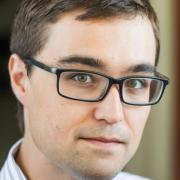
Zachariah Reagh, PhD, joins the Department of Psychological & Brain Sciences as an assistant professor. Reagh studies how we represent and remember experiences, and how this changes as we age. His research is motivated by two main questions: (1) How does the human brain parse, store, and retrieve dynamic experiences, like those we encounter in our everyday lives? (2) How do these processes change in healthy aging and with age-related pathology, such as Alzheimer’s disease? Reagh was most recently a postdoctoral fellow at the University of California, Davis. He earned his doctorate from the University of California, Irvine.
Sociology
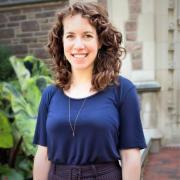
Margot Moinester, PhD, joins the Department of Sociology as an assistant professor. Moinester investigates questions concerning immigration, inequality, and health. Her current project uses quantitative and qualitative methods to investigate how and why rates of immigration enforcement vary over time, between demographic groups, and across the elaborate jurisdictional landscape of the United States. Articles from this project have been published in American Behavioral Scientist and Demography and received awards from the American Sociological Association and the Population Association of America. Moinester's research has been supported by the American Bar Foundation and the National Science Foundation, among others. She earned her doctorate from Harvard University.
